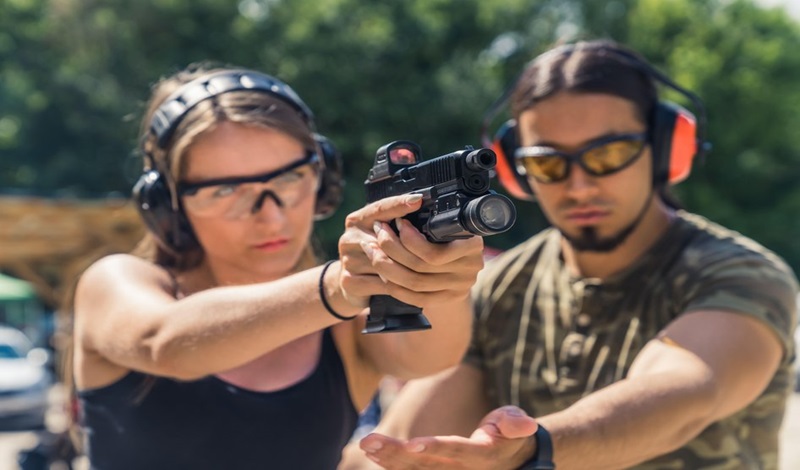
Guest article by Sam Jacobs. Sam Jacobs is a passionate advocate for Second Amendment rights and an avid historian. As lead writer for Ammo.com, he delves into the intersection of firearms, freedom, and corporate power. With a penchant for defending individual liberties, his work sparks discussions in various publications and platforms.

Amidst the formidable challenges posed by the states’ opposition to the Heller and Bruen decisions by the United States Supreme Court, the National Police Association has filed an amicus brief urging the Supreme Court to consider arguments in Harrel vs. Raoul.
This case challenges Illinois’ unconstitutional assault weapons and magazine bans. The NPA is siding with the petitioners and the citizens.
As Illinois aims to diminish the role of police officers, promote the authority of criminals over communities, and disarm the law-abiding, the NPA draws attention to the root problems while addressing many grievances with the new laws.
In a damning statement, the NPA outlines Illinois’ failures and the adverse consequences of infringing on Americans’ rights under the guise of safety:
This interest is becoming more acute as political forces have arisen, driving policy choices that undermine the most fundamental duties of government to preserve order. Such policies have profound and primary effects on the safety and well-being of citizens and police across the country, and secondary effects on the Second Amendment, as it is made into a scapegoat for the failure of these policies.
The NPA even addresses the state’s de-policing efforts, highlighting the need for legally armed civilians to supplement law enforcement and keep communities safer. In fact, the NPA believes that lawful citizens can be an invaluable resource in maintaining law and order.
These new bans not only overtax overworked law enforcement officers but they also jeopardize community safety by further disarming potential victims. Whereas criminals do not readily obey the bans in the first place, lawfully armed citizens can be a deterrent for widespread, unchecked criminality.
The NPA further addresses this point by expressing concern over the war on law enforcement. Similar to the war on the Second Amendment, law enforcement faces funding cuts, limits on the number of officers available, and many other challenges. Therefore, it is a natural consequence that citizens must be capable of defending themselves and their communities.
As police officers’ role is to keep communities safe, protecting the constitutional rights of those in their jurisdictions is an equally important task. When the police are tasked with enforcing unconstitutional laws, this creates conflict, and the NPA made sure to include that in the brief.
The Illinois Governor threatens to fire officers who don’t enforce the laws, and those who do may face civil penalties. The NPA reminds the court that qualified immunity does not apply to such actions, as the officers know that the Second Amendment right to bear arms is a clearly established right.
In a rarely-seen stance in other briefs where law enforcement stands with the citizens, the brief also addresses one common issue with anti-gun politics: The hypocrisy.
The NPA exquisitely points out that those pushing for the new gun laws rarely have to consider their own safety. However, ordinary citizens do not have the privileges of bodyguards, and the Second Amendment may very well mean the difference between life and death for those of us without those privileges:
The NPA and the officers for whom it advocates operate every day in a real world of homes, streets, and businesses where ordinary Americans are required to engage in armed defense against a rising tide of criminality.
The brief goes on to further challenge the Supreme Court to finally address the states’ disregard for established case law and re-establish the sanctity and authority of the nation’s highest court. As lower courts commit a legal insurrection against the Supreme Court, defying the Bruen and Heller rulings, police officers’ duties will only become more challenging, and communities will become less safe.
With such compelling arguments, unique perspectives rooted in expertise, and infallible challenges, it is the hope of the NPA that the Supreme Court will strike down these unconstitutional laws that will only serve to make policing more dangerous and less effective.